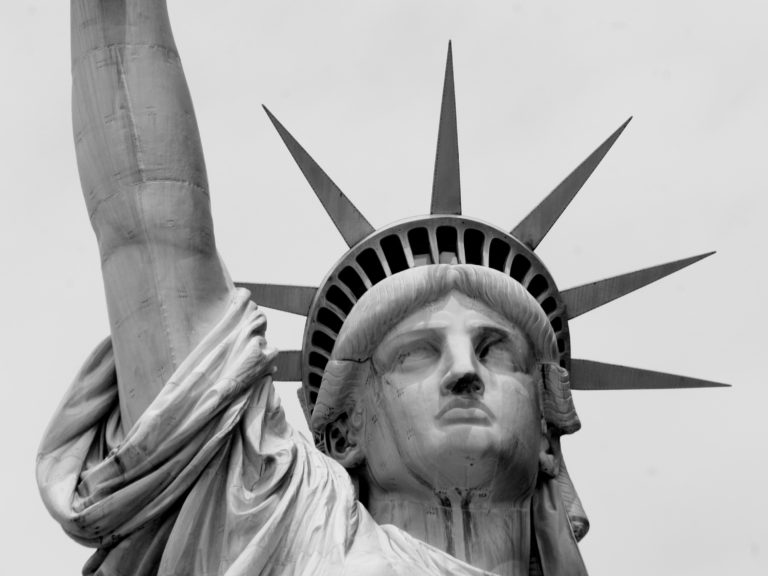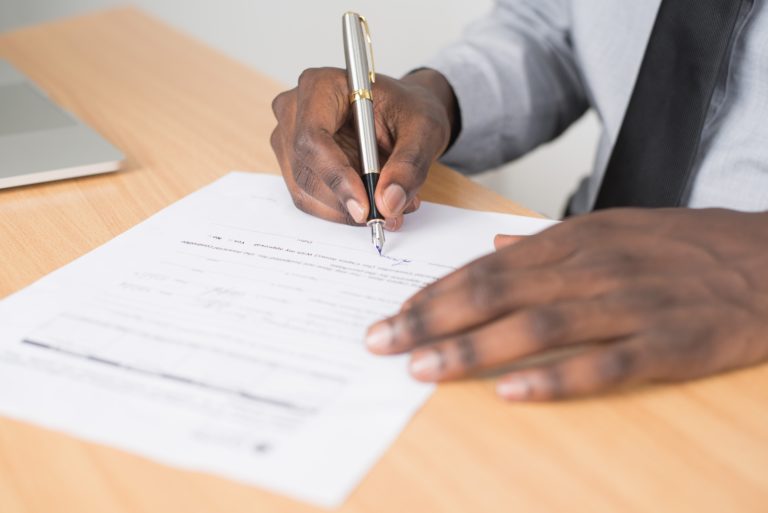H-1B Dependents – Know About a USCIS Policy Change to Avoid “Gaps” in Immigration Status

Dependents of H-1B visa-holders can only maintain valid nonimmigrant status for so long. Once dependents “age out” at twenty-one (21), their H-1B dependent visas are no longer valid. As such, H-1B dependents wishing to lawfully stay within the United States must file petitions seeking to extend the duration of their visas or to obtain a new visa.
United States Citizenship and Immigration Services (USCIS) handles the processing of petitions that seek immigrant and nonimmigrant visas. Many H-1B dependent children wish to attend college in the United States. Because they age out at 21, they must file a petition to obtain an F-1 student visa to maintain lawful status.
How a Gap in Status Could Mean H-1B Dependents Are Living in the United States Illegally
A gap in lawful status could place applicants in limbo given F-1 student visas are only valid up to thirty (30) days before the start of a school/educational program. If an H-1B dependent is waiting to obtain an F-1 student visa and his/her existing visa expires before the F-1 visa is issued, the individual would be living in the United States illegally.
Therefore, to avoid the potential gap in legal status, H-1B dependent children have routinely filed Form I-539 petitions to extend their existing visas while an F-1 visa petition is pending. The need to file multiple petitions has prompted USCIS to make one big policy change, as the added cost and work for all parties has become overwhelming.
A Change in USCIS Policy to Streamline the F-1 Student Visa Process for H-1B Dependents
Both USCIS and applicants must go through extra hurdles to adhere to technicalities in immigration law. Filing petitions to extend visas just to temporarily maintain legal status places a burden on USCIS employees who must process additional paperwork that is an unnecessary drain on resources. Additionally, applicants must pay additional filing fees when filing multiple petitions seeking to extend existing visas and obtain new visas at the same time.
Saving Time, Money, and Stress for H-1B Dependents
To avoid the unnecessary steps for H-1B dependents to obtain F-1 status, USCIS has adopted a new policy, which will now grant F-1 student visa status to an applicant on the day his/her petition is approved. If the petition is approved before thirty 30 days prior to the start date of a school/educational program, the applicant must adhere to all F-1 visa requirements.
The USCIS policy change will help H-1B dependents avoid the trouble of filing multiple petitions to maintain lawful status in the United States. When the goal is to attend a school program, filing a petition to extend an H-1B dependent visa is an arbitrary process that does nothing more than create extra work, stress, and uncertainty. Streamlining the process helps both the USCIS and applicants. One of the worst feelings for an H-1B visa holder – dependent or otherwise – is to feel like they are living in the United States illegally simply because of a technicality. The new
Contact the H-1B Visa Lawyers of Sam Shihab & Associates Today
If you are seeking to obtain an F-1 student visa and you are currently the dependent of an H-1B visa holder, you should consider working with an H-1B visa and immigration lawyer to discuss your options. The Columbus immigration lawyers of Sam Shihab & Associates routinely handle non-immigrant petitions for clients, including both H-1B visa holders and their H-1B dependents.
Although we have office locations in Columbus and Dublin, Ohio, and Michigan, and Texas, at Sam Shihab & Associates, we provide legal advice and representation to clients in all fifty states. To discuss your legal situation with one of our lawyers, contact our office today by calling (866) 665-0001 or by completing a form on our website.






